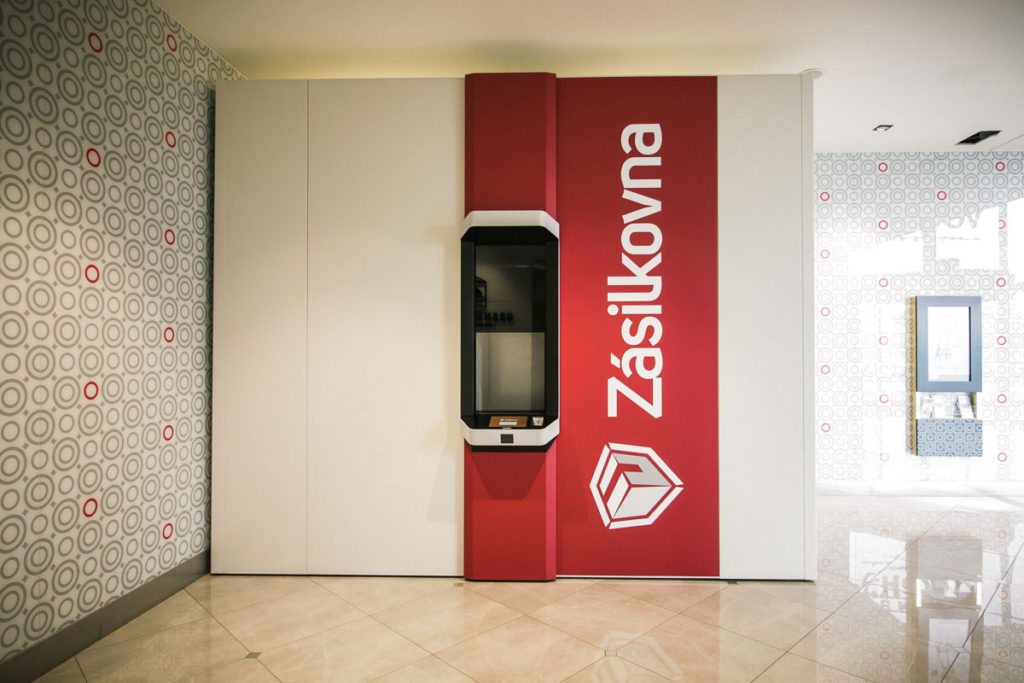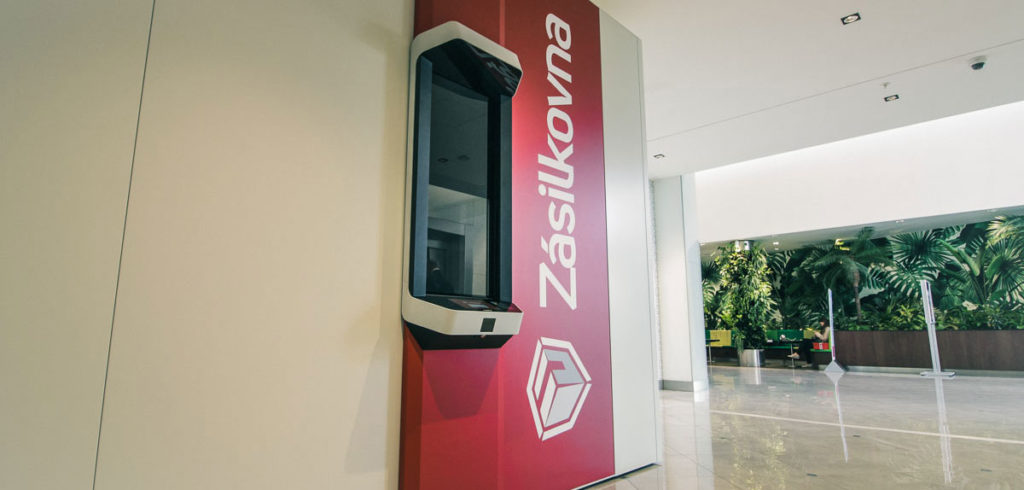Czech e-commerce is growing more than 50% faster than the rest of Europe – and competition is hot in the last mile. Marek Różycki from Last Mile Experts and Ian Kerr from Postal Hub Podcast analyze the highlights and future of this fast-growing delivery market.
The Czech Republic is possibly one of the most advanced e-commerce markets in Eastern Europe. While the local postal operator is struggling with plummeting letter volumes and small Chinese packets, a local rival has stolen a march on its competitors by setting up a strong PUDO network.
While current annual e-commerce growth in Europe is some 11%, in the Czech Republic it was over 17%. The Czech Republic has one of the highest numbers of online stores per person in the world.
Czech online shoppers usually shop locally, with only 19% buying from EU nations. This is very low compared with Austria, for example, where 81% of online shoppers purchase cross-border – possibly due to the common language with their large neighbor to the north.
While e-commerce is still developing in the Czech Republic, shoppers are becoming as demanding as those in markets such as the UK or USA. They demand reliable, fast delivery and more control while simultaneously respecting the environment.
Postal services
Česká pošta (Czech Post) is currently restructuring after returning a sizable loss. Letter mail has been decreasing by 10% per annum on average, in line with many other nations, while parcel volumes have been growing.
The post is proposing a reduction in its workforce and introducing more technology as part of a program to return to profit in 2021. Parcel processing capacity is to be increased from 45 million parcels to 60 million parcels per year.
Already the post offers customers IDM (interactive delivery management) with inflight parcel redirection options, including redirection to another address or post office, and changing delivery window or delivery day. Parcels can also be delivered as late as 7pm.
As the designated postal operator, small parcels from China are a challenge for the post due to their volume – during peak season the post can process up to 10,000 per day.
A home-grown rival
While the post strives to restructure, other operators have taken the initiative. Historically PPL (DHL’s local subsidiary) and DPD have been increasingly strong competitors, but more recently a new kid has arrived on the block in the form of Zasilkovna. The company was founded only a few years ago and is a member of the Packeta Group operating across several EU markets as well as Switzerland, Russia and Ukraine.
Zasilkovna’s main strength is its network of pick-up points. It currently has about 2,400 of them in the Czech Republic – approaching the post’s network of 3,200 post offices – as well as offering customers the option of home delivery.
The popularity of pick-up points continues to grow, with some research suggesting 40% of Czech e-commerce purchases are already delivered to pick-up points.
Zasilkovna’s PUDO network is powered by an advanced algorithm that predicts deliveries and capacity for up to two days ahead. This allows for load balancing within the PUDO network by presenting optimized PUDO choices to customers when selecting their e-commerce delivery options at the time of purchase.
“I am really excited that our company is at the forefront of developments in out of home delivery; we see huge opportunities in this space,” says Simona Kijonková, founder and CEO Packeta Group.
The Packeta Group is working on a variety of other projects, including warehouse automation, new autonomous pick-up points, in-car delivery, payment methods projects, and P2P delivery.
In May, Zasilkovna launched its fully automated pick-up point – powered by a Cleveron 402. The first parcel locker, called Z-BOT, is situated in OC Chodov in Prague and can store 315 parcels.
“We see that we are able to add convenience and choice for consignees and that’s why we are a key partner for CEE (Central and Eastern Europe) e-commerce,” adds Kijonková.
“If this new service becomes popular among customers, Zasilkovna plans to place Z-BOTs in other shopping centers in Prague and other cities in the Czech Republic,” says Milan Smid, the group’s marketing director.

Looking ahead
We believe that the Czech market is interesting and doesn’t have the level of international competition of Poland, its large neighbor to the north. Packeta also has the advantage of a strong position in the Slovak Republic, another market where finding good out-of-home last-mile options is a challenge.
Amazon’s strong presence in the Czech market, via fulfilment centers that have been operating for several years serving Amazon’s German customers, means it could be a future target for the behemoth’s expanding footprint, further increasing B2C parcel volumes. In this situation and given the lack of good alternative out-of-home options, Packeta is looking pretty; if it continues to develop customer-centric features and become agnostic, opening its network to the likes of PPL, DPD and other key players, parcel volumes will keep growing.
Will this competition for e-commerce volumes drive innovation at Česká pošta? As the post reinvents itself it will need to continue to modernize its last-mile offering or risk a fate that has befallen posts in other markets: becoming the carrier of last resort.
 Ian Kerr is the founder and host of the Postal Hub Podcast, the weekly podcast for the postal and delivery sectors.
Ian Kerr is the founder and host of the Postal Hub Podcast, the weekly podcast for the postal and delivery sectors.

Marek Różycki is managing partner at Last Mile Experts, specializing in CEP and e-commerce last-mile advisory.


